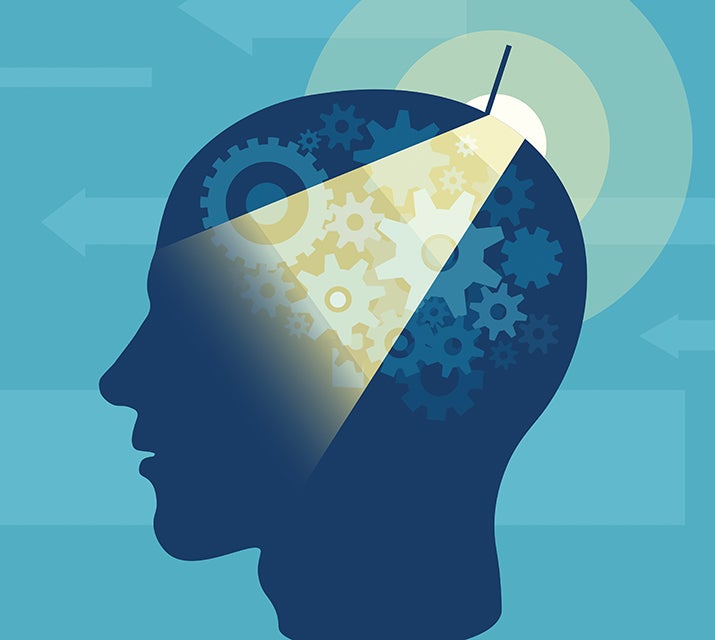lens
Battling Implicit Bias
New programs confront racism in research
 Image: Fedora/Adobe Stock
Image: Fedora/Adobe Stock
During a new class this year at Case Western Reserve, students learned how biases can permeate and undermine research data.
Consider this: Health systems relying on a common computer algorithm to identify patients needing extra care failed to identify many Black members who qualified. The reason, according to a 2019 study: An algorithm that used health costs as a proxy for health needs. But many of the Black patients who were considerably sicker than white patients had unequal access to care, and as a result, they weren’t identified because less money was spent on them.
"We need to be careful about the assumptions we make regarding the data; who is missing from it and why," said Francisca García-Cobián Richter, PhD, who taught the class, "Social Data Analysis and Racism, Then and Now," and is a research assistant professor at the Jack, Joseph and Morton Mandel School of Applied Social Sciences.
As the nation reckons with COVID-19 and racial and income inequities, the Mandel School has launched several initiatives to confront implicit bias in social services and racism in social work research. Among the efforts: a Data Science for Social Good program starting in the fall for students that will focus on dismantling biased data-analysis practices.
"It feels like we’ve come to a time and have got the energy behind actually addressing issues that we should have addressed" long ago, said Nancy Rolock, PhD, the Henry L. Zucker Associate Professor in Social Work Practice and associate dean for research and training at the Mandel School. "We are challenging ourselves to be more aware and more honest about the implications of our work."
Mandel School faculty are well positioned for the effort. They combine the sensitivities of social workers with a renowned ability to develop innovative solutions to community issues. But they also recognize that they, too, could be part of the problem—and, along with students, are soul-searching, knowing they must slay their own biases if they are to help effect change.
Last fall, during the pandemic and national discussion about the death of George Floyd and other Black Americans killed at the hands—or under the knee—of police, the Mandel School made a curricular change. It took existing course content that fostered self-examinations of implicit bias and wove it throughout its courses, creating multiple opportunities for students to acknowledge their own prejudices.
"That’s huge," said Adrianne Fletcher, PhD (SAS ’05), an assistant professor at the Mandel School and its first assistant dean for diversity and inclusion. "We come from spaces that, for the most part, unintentionally validate our biases and insulate us from recognizing this."
Even before last year, the school had created Fletcher’s assistant dean position and begun revising curriculum to explore social movements gaining momentum, including Black Lives Matter and #MeToo, focused on sexual-abuse survivors. But the events of 2020 deepened and accelerated such efforts, Rolock said.
Separately, concerns about bias have led several child-welfare systems throughout the country to rigorously evaluate and recalibrate their algorithms, according to Claudia Coulton, PhD (GRS ’78, social welfare), a Distinguished University Professor, the Lillian F. Harris Professor and co-director of the Mandel School’s Center on Urban Poverty and Community Development.
Coulton sees a transformation starting and believes students not only welcome efforts to confront implicit bias and racism as they occur, but see them as a long-term commitment.
"I think we have a new generation coming along that sees this as the new normal," she said.





